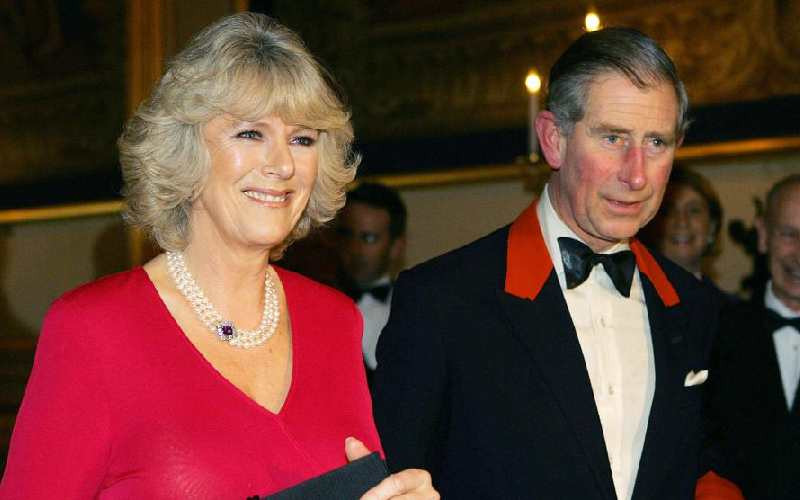×
The Standard e-Paper
Kenya’s Boldest Voice

Britain's Prince Charles and Camilla Parker Bowles arrive for a party at Windsor Castle, England on Thursday, February 10, 2005, following the announcement of their engagement. [AP Photo]
After seven decades, the United Kingdom has a new woman to call queen.